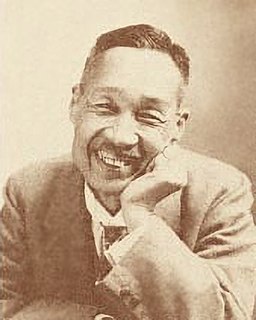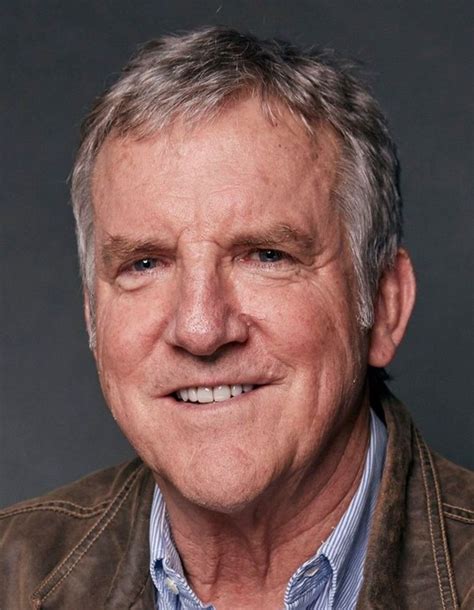A Quote by Shoma Morita
Trying to control the emotional self willfully by manipulative attempts is like trying to choose a number on a thrown die or to push back the water of the Kamo River upstream. Certainly, they end up aggravating their agony and feeling unbearable pain because of their failure in manipulating the emotions.
Related Quotes
When coming up with Wonder Woman cover designs, sometimes people will pitch ideas to me, either the writer or the editor. And it's interesting, because I know they're not trying to, but they end up pitching things that end up feeling like damsel-in-distress covers, where the tension comes from her needing to be rescued somehow. And it's something I immediately push back against.
I'm not sure I would call it agony but there is a kind of cyclic frustration. You get one story right and then here comes another one. When does that end? What I'm trying to do is get it to end right now, by recognizing that that cycle is writing. That is: trying to understand the frustrations and setbacks (and agony) as part of a bigger chess game you are playing with art itself.
I grew up bar-singing and saw all kinds of ways people tried to outrun their emotional pain. It doesn't work. You end up with the original pain, as well as new pain added on top of it from the tactics you used trying to avoid it in the first place. It's best to take a deep breath, bolster yourself, and walk through it.
There was very polite, gentlemanly, and - and - and lady-like push-back on issues on both sides. Chuck Schumer continues to push this idea of this $30 billion tunnel under the Hudson River, um, that Donald Trump very politely pushed back on. But I thought it was cordial and productive. The president is not giving up on the wall, and he's certainly not giving up on border security.
If gun laws in fact worked, the sponsors of this type of legislation should have no difficulty drawing upon long lists of examples of criminal acts reduced by such legislation. That they cannot do so after a century and a half of trying - that they must sweep under the rug the southern attempts at gun control in the 1870-1910 period, the northeastern attempts in the 1920-1939 period, the attempts at both Federal and State levels in 1965-1976 - establishes the repeated, complete and inevitable failure of gun laws to control serious crime.
Nobody that I know really likes the feeling of having no power and not being able to influence people. But most of us aren't too conscious of what we are trying to do and get that control and that power so people end up sort of playing all kinds of unconscious manipulative games or they're sort of half aware, they have an idea of a strategy or goal they want to use and they think about it. But then in the heat of the moment, it kind of all flies out the window.
He knew how to handle pain. You had to lie down with pain, not draw back away from it. You let yourself sort of move around the outside edge of pain like with cold water until you finally got up your nerve to take yourself in hand. Then you took a deep breath and dove in and let yourself sink down it clear to the bottom. And after you had been down inside pain a while you found that like with cold water it was not nearly as cold as you had thought it was when your muscles were cringing themselves away from the outside edge of it as you moved around it trying to get up your nerve. He knew pain.
If you are trying to appear calm and collected on the outside when actually you are feeling upset and angry, your children may mirror this to you by becoming wild and disruptive. While you are trying to maintain control, they pick up the chaotic energy inside of you and reflect it in their behavior. If you express directly what you are feeling, without trying to cover it up, they will usually calm down. They feel comfortable with the truth, the congruity between your feelings and your words. This is true of other relationships as well.
I keep thinking about this river somewhere, with the water moving really fast. And these two people in the water, trying to hold onto each other, holding on as hard as they can, but in the end it's just too much. The current's too strong. They've got to let go, drift apart. That's how it is with us. It's a shame, Kath, because we've loved each other all our lives. But in the end, we can't stay together forever.
How do we regulate our emotions? The answer is surprisingly simple: by thinking about them. The prefrontal cortex allows each of us to contemplate his or her own mind, a talent psychologists call metacognition. We know when we are angry; every emotional state comes with self-awareness attached, so that an individual can try to figure out why he's feeling what he's feeling. If the particular feeling makes no sense—if the amygdala is simply responding to a loss frame, for example—then it can be discounted. The prefrontal cortex can deliberately choose to ignore the emotional brain.
To remain stable is to refrain from trying to separate yourself from a pain because you know that you cannot. Running away from fear is fear, fighting pain is pain, trying to be brave is being scared. If the mind is in pain, the mind is pain. The thinker has no other form than his thought. There is no escape.
































